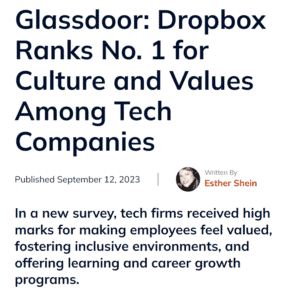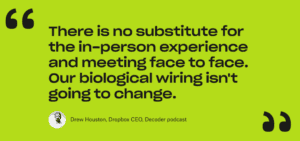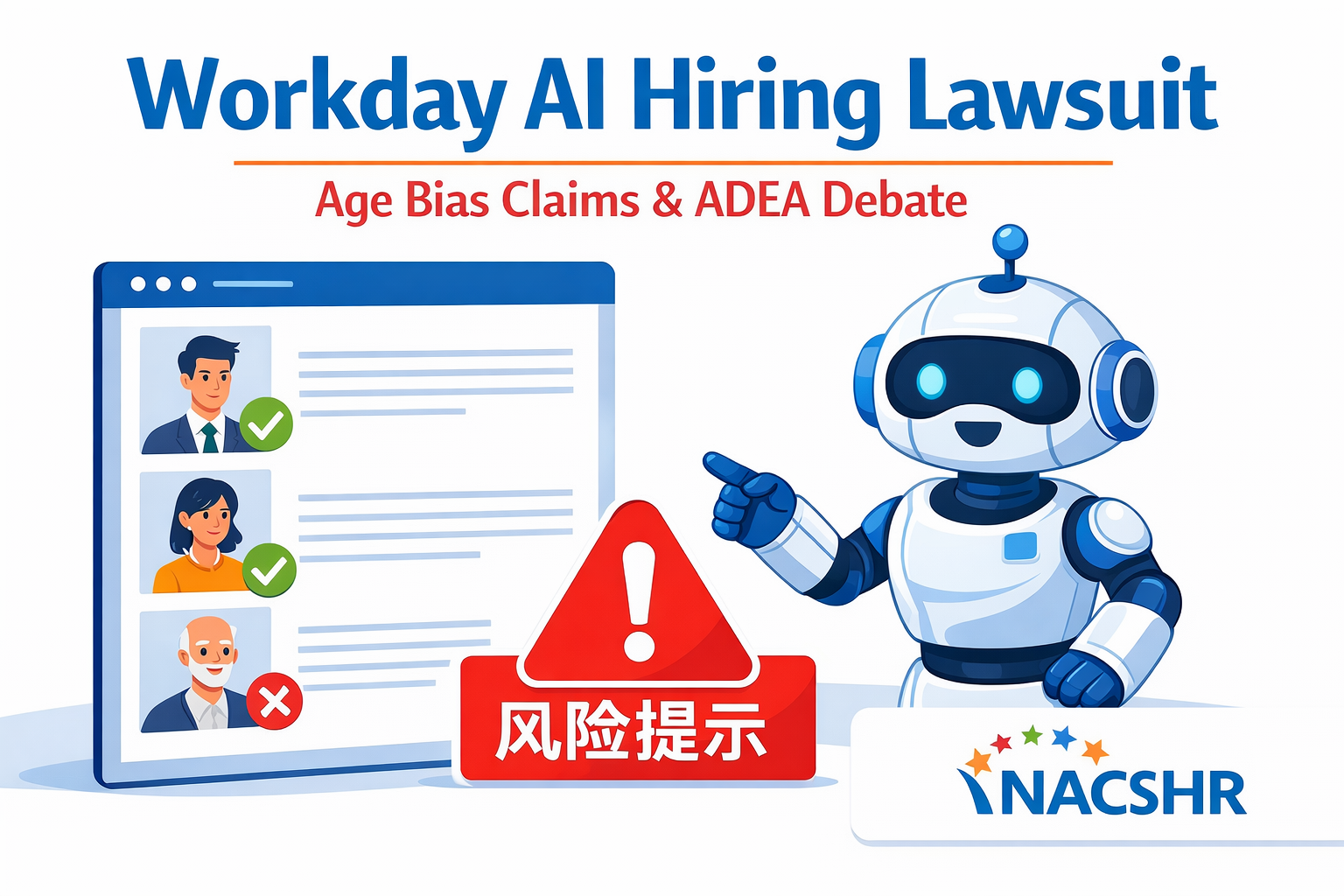Dropbox, a company with a $7 billion market cap and over $2.5 billion in revenue, has adopted a "Virtual First" strategy in response to the pandemic, transforming its work model from lavish San Francisco offices to a remote-first approach. This shift was led by CEO Drew Houston and Chief People Officer Melanie Rosenwasser, moving away from an office-centric culture to enhance productivity and teamwork through remote work. The strategy includes home office stipends, Dropbox Studios for face-to-face interactions, and innovative meeting management services. Despite initial challenges, this approach has led to high employee satisfaction and a strong talent strategy, allowing Dropbox to thrive in a competitive tech landscape.

One of the most interesting tech companies we’ve studied is Dropbox, a $7 billion market cap rocket ship generating more than $2.5 billion in revenue. This kind of company, which sells a platform that competes with Microsoft, Google, and other major players, lives in a world of brutal competition: competition for product leadership, sales deals, and talent. And today, as AI engineers are in short supply, Dropbox has to attract the best and brightest to continue its growth.
In its early days, Dropbox was a typical San Francisco-based tech company with gourmet food, gorgeous offices, and a culture of lavish benefits. In the pre-pandemic 2010s this was the rage, and Dropbox became a hot place to work.
The pandemic upset that applecart. Not only did “work at home” obsolete the company’s real estate and gourmet investments, it forced the company to rethink its culture. The Chief People Officer, Melanie Rosenwasser, told me that the first few months of the pandemic were traumatic. Employees were upset by working at home and weren’t sure what the company stood for. She and Drew Houston, the CEO, had to rethink the whole operating model.
As Melanie described it to me, they took a risky, irreversible move. They decided to totally shift their operating model from that of “San Francisco gourmet offices” to “energized, empowered, team-based, remote work.” Not an easy decision.
Note that just this week
Eric Schmidt, the ex-CEO and board member at Google, blamed Sundar Pichai for “remote work laziness” as cause for Google’s “falling behind in AI.” So the debate about remote work continues, and some of the most successful leaders still haven’t figured it out.
Well Drew, Melanie, and the Dropbox team placed a bet. Knowing that the pandemic had interrupted their campus investments, they dramatically shifted to a “Virtual First” strategy. And they told the company “we are moving away from an office-centric culture” and going to a model of remote-first work. And this included converting offices to Dropbox Studios as well as a carefully architected approach to teamwork, collaboration, and periodic face-to-face activity.
Rather than ask people to “come in 3 days a week” (this kind of policy bugs people because they drag themselves into the office just to zoom with others at home), they designed one of the most sophisticated approaches I’ve seen. Employees receive a generous stipend for home office improvements and the company now offers a series of programs, services, and tools to make team and personal productivity thrive.
While it seemed risky it worked exceedingly well. By holistically thinking about culture, management, teamwork, and productivity, the company developed a set of innovations that empower people to work at their best, meet with their teams at least one week per quarter, and come together when and where it makes sense. And this model, which looks like an HR innovation, became a
business innovation that helps the company thrive.

While Dropbox lost a significant number of employees at first, now the company has one of the highest Glassdoor ratings in its industry (4.3, 85% recommend CEO, higher than Google).
Dropbox wins awards for employment brand. And not only does Virtual First create productive operations, it helps the company build “tools for the new world of work,” which is where every company is going.
Work at home is complicated. In between dogs, kids, gardeners and delivery people we’re futzing with MS Teams, Zoom, Webex, Google Docs, and dozens of other tools. Most of them work well but they’re each different and inconsistent. Dropbox, as a “system designed for remote work” simplifies this enormously. Virtual First helps Dropbox test its products on itself.
Why has Virtual First succeeded? As Melanie and the team explains, the shift turbo-charged its talent strategy. Now Dropbox can hire people from any geography in the world (reducing labor cost) and they look for high-energy, passionate, high-performers (not employees who like the offices). Teamwork is stronger than ever.
I know, from our company, that this works well. We have 40+ people in our organization and we rely on frequent face-to-face meetings, an open culture, and tremendous amounts of training and communication to grow. Back when I ran our company in an office we hardly talked with each other unless we had a meeting. Things are much more collaborative and productive now.
Dropbox has proven this at scale.
You can
read about Virtual First on the Dropbox website, but one of the innovations I want to point out is the company’s “concierge service” for meetings. (The Offsite Planning Team.)
When you as a leader want to have a meeting, this team helps you decide your objectives, reviews the outcomes you want to achieve, and then puts together a detailed plan (location, logistics, agenda, tools) to help you make it work. This removes enormous amounts of wasted time from managers and helps the company operate productively.

I cannot tell you how much time I’ve wasted “managing offsite meetings.” To have a seasoned, professional group that helps with this entire strategy in process is a godsend. For Dropbox, this team now knows precisely how the teams work and can continuously improve its consulting services to make sure face-to-face meetings are impactful. A “new manager introduction” meeting, for example, is different from a “get product ready for launch meeting” as you can imagine.
How does this apply to your company? Regardless of industry, I guarantee you have remote work teams. Many companies have front line workers (healthcare, retail, manufacturing, transportation) who have to locate with customers. But think about finance teams, IT teams, scientific teams, and HR. We all need productive remote work practices, and Dropbox has proven that a strategic focus on this area will pay off.
Melanie and I will be doing a webcast in the near future and she is joining us at our
Irresistible 2025 Conference as well. Dropbox has taken the lead in this new world, and they want to share their learnings with all of us.





 扫一扫
添加客服
扫一扫
添加客服
